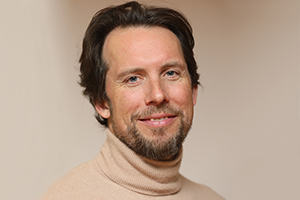Firstbridge courses are offered to degree seeking freshmen and registration is done via webform in pre-arrival checklist.
Course Master:
Term:
Fall 2025
Discipline:
HI (History)
Credits:
4 credits
Type:
CCI
Level:
Undergraduate
Can be taken twice for credit?:
No
Exam Date:
Thursday, December 11, 2025 - 12:30
Pre-requisites:
None
Co-requisites:
None

